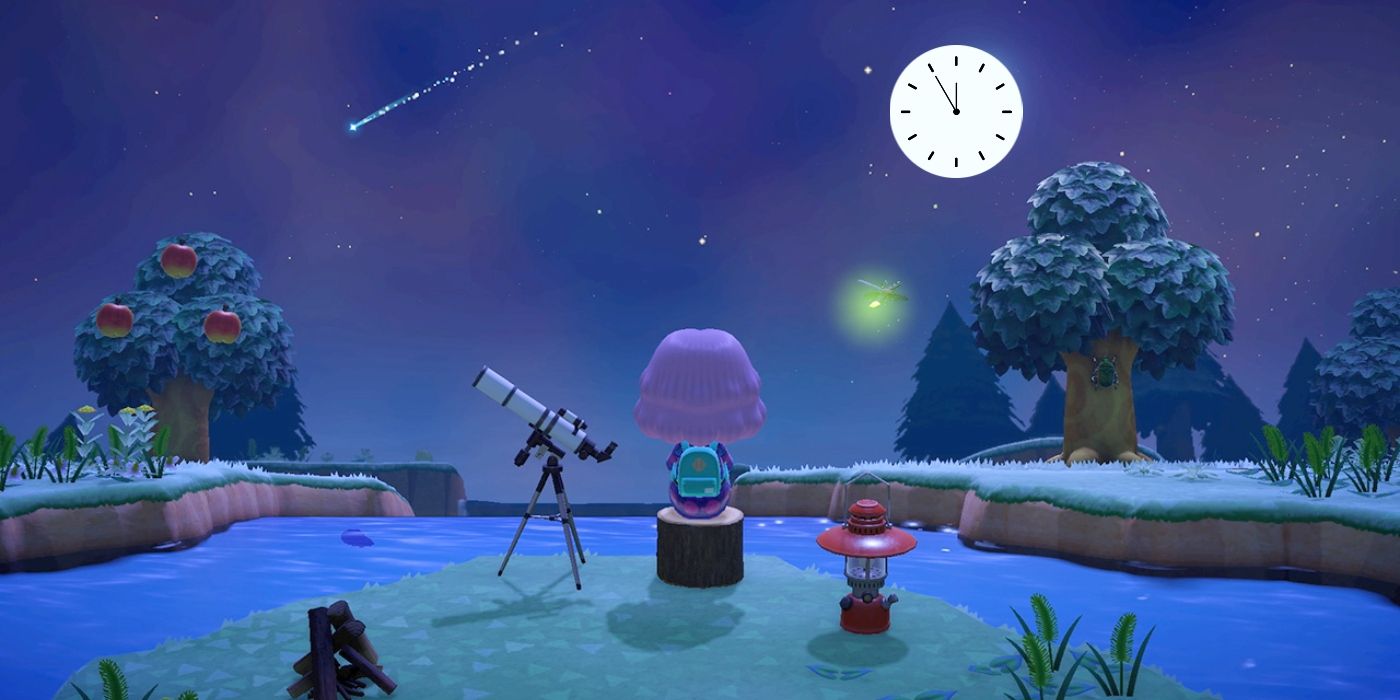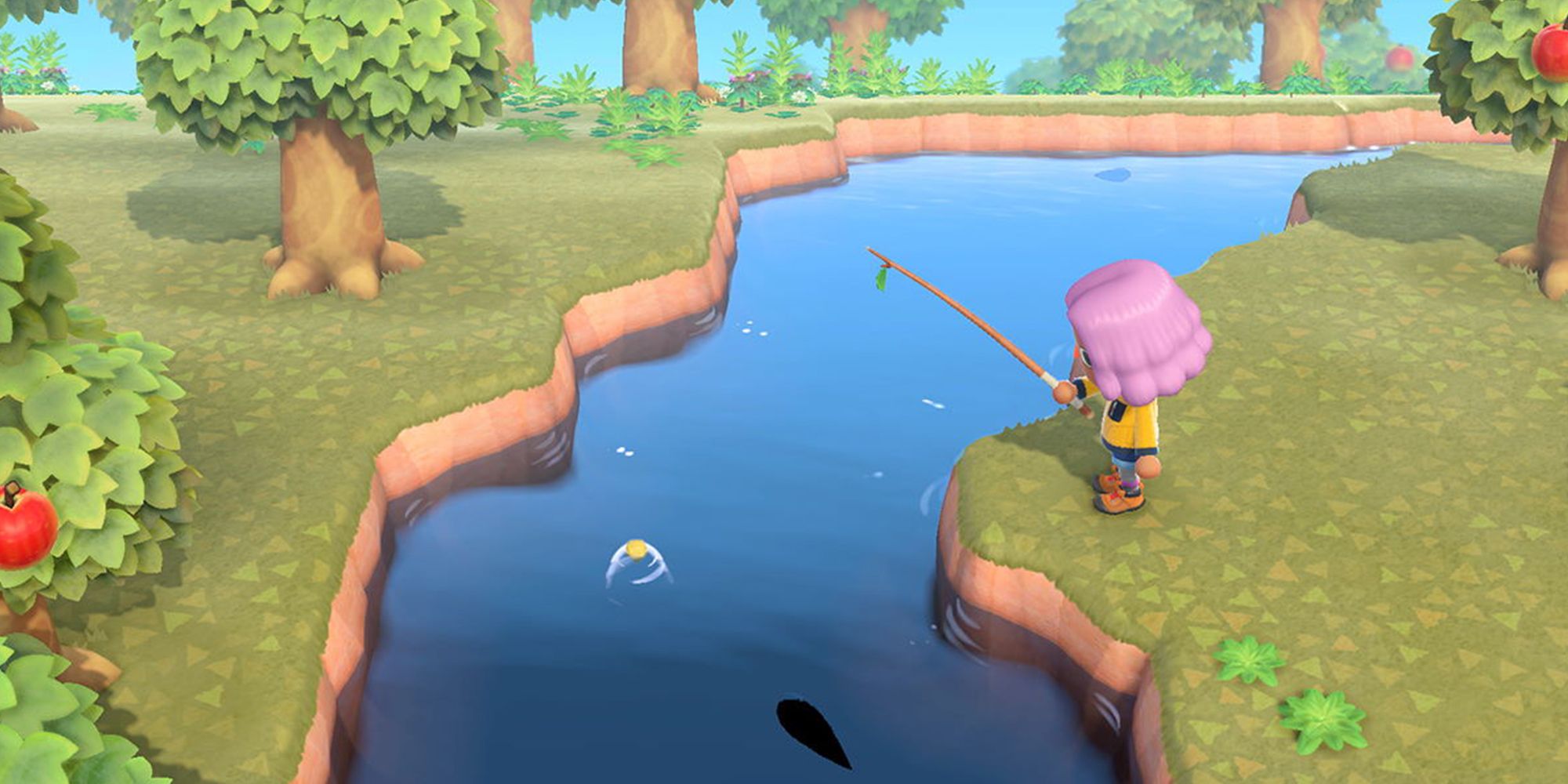Mobile gaming has long been a testing ground for the kind of predatory tactics that encourage players to purchase microtransactions, and Animal Crossing: New Horizons adopts one of these strategies. The difference, though, is that Animal Crossing: New Horizons uses this tactic for good, encouraging players to chill out for free and exercise patience when advancing their islands.
Nintendo has traditionally been seen as one of the few video game publishers with a pro-consumer mindset, keeping its console games complete, polished, and free of insidious microtransactions. It hasn't stayed completely clean, however, especially when it comes to the Animal Crossing franchise. New Horizons' controversial multiplayer allows only one island per console, limiting the amount of things secondary players can do, which some see as a tactic to encourage households to purchase additional Switch consoles. And Animal Crossing: Pocket Camp, the series' mobile game outing, is full of loot boxes and multiple paid subscription services.
In fact, Pocket Camp's microtransaction-laden approach to Animal Crossing's usually chilled-out, life-sim gameplay led to worries of a similar twist on New Horizons after Animal Crossing's ESRB rating mentioned in-game purchases. These turned out not to be microtransactions, after all, but New Horizons ended up employing a different mobile game tactic: long wait times.
How Animal Crossing: New Horizons' Wait Times Make It Better
When players decide to build a Villager's house, upgrade their own house, or upgrade a town utility like Resident Services or the Museum, they're forced to wait real-time hours until it's finished, which means functions like specimen donation and item sales can be made unavailable for a full day or more. Wait times also apply for fruit regrowth and other in-game features. This has been the case since the first Animal Crossing on GameCube, but the wait-time model has subsequently become one of mobile gaming's most popular microtransaction lures. It would have been easy for Nintendo to follow mobile games' lead and abuse this system in New Horizons, telling players, "You can wait 24 hours for this new building, or you can spend a dollar and get it right away."
In fact, Animal Crossing: Pocket Camp does exactly that, allowing players to skip wait times by purchasing premium-currency Leaf Tickets. The fact that New Horizons avoids interrupting players with this kind of predatory money bypass actively makes the game better. While long wait times might annoy some players, there's an argument to be made for the merits of a microtransaction-free wait system, as it encourages players to take the game slowly.
Animal Crossing is all about chilling out in a virtual relaxation zone, collecting items, hanging out with talking animals, and expressing creativity. Making players wait for things to progress forces them to figure out how they want to enjoy the rest of the game. Will they create their own challenges, trying out the New Horizons' other systems while they wait? Or will they simply experience the game in bite-sized chunks, logging in for just enough time to accomplish a few tasks and chat with their neighbors? It's a winning formula that's part of what makes the Animal Crossing series so special, and it's incredibly refreshing to see such a wait system not abused for maximum profit in 2020.
Animal Crossing: New Horizons released on March 20, 2020, for the Nintendo Switch.


